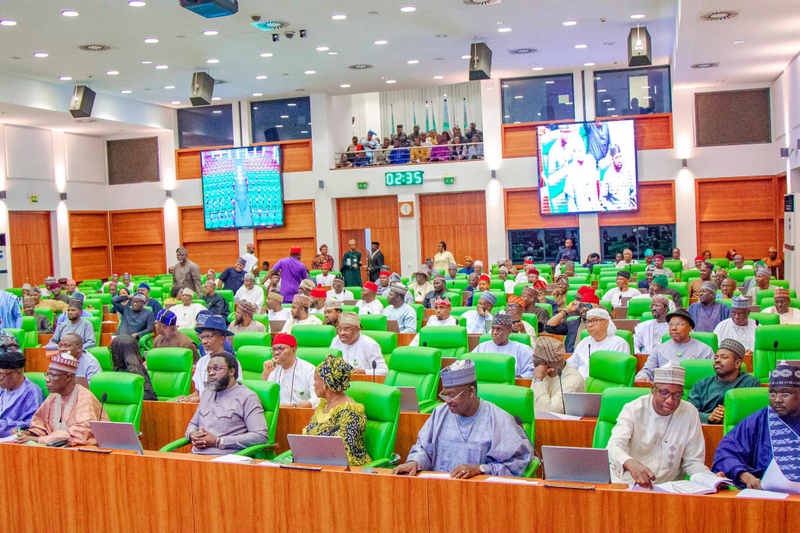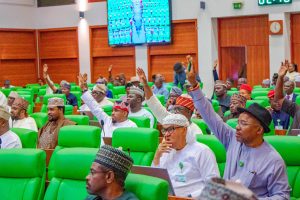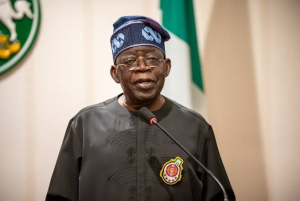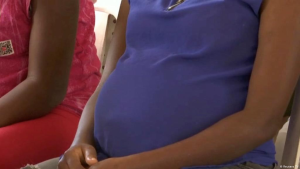
The House of Representatives issued a stark warning yesterday, cautioning that Nigerians may rise in revolt if the Federal Government fails to take decisive action against the worsening insecurity plaguing the nation. The lawmakers’ alarm comes amid a surge in violent attacks, including insurgent activities, banditry, and communal clashes, which have left hundreds dead and displaced thousands in recent weeks.
The debate in the House was triggered by a motion of urgent public importance moved by Hon. Ahmed Satomi (APC, Borno), addressing the recent fire at the Giwa Barracks armoury in Maiduguri and escalating attacks on military formations in Borno and Yobe states. What began as a procedural discussion quickly escalated into an emotional outcry, with lawmakers from affected regions delivering harrowing accounts of the devastation in their constituencies.
Hon. Yusuf Gagdi (APC, Plateau) issued a dire warning, stating that the government’s inaction could provoke a violent backlash from citizens. “Until the right thing is done, don’t bet that any member of the National Assembly is safe,” he declared. “We may be attacked—not by Boko Haram, but by the very people who elected us. If action is not taken, Nigerians will take their destinies into their own hands.”
Hon. Ahmed Jaha (APC, Borno), whose constituency includes Chibok, provided a chilling report on recent insurgent attacks. “Ten farmers were slaughtered in Pulka, 14 in Chibok, and military officers were killed in Izge and Kampu,” he said. “Boko Haram is using weaponized drones—technology our military does not have. They are more sophisticated than ever, and we are losing ground.” He revealed that between 2015 and 2019, the government spent N19.7 trillion on security with little to show for it, demanding stricter oversight of security spending.
Hon. Zainab Gimba (APC, Borno) corroborated reports of foreign involvement in the attacks, stating that a military commander had informed her of white fighters among Boko Haram ranks. She also criticized the placement of military barracks within civilian areas, citing the Giwa Barracks explosion as a preventable disaster.
Meanwhile, Hon. Shettima Ali (APC, Yobe) called for legal reforms to allow civilians to defend themselves. “Our security forces are stretched thin and unfamiliar with local terrains. We must empower our people to protect their own communities,” he argued.
In a separate development, Senate President Godswill Akpabio acknowledged the growing frustration among Nigerians, stating that the nation’s patience was being tested by insecurity and economic hardship. “The rising cost of living, energy instability, and persistent violence demand legislative action,” he said, urging his colleagues to prioritize security and economic recovery measures.
The House resolved to investigate the Giwa Barracks incident, review security measures at military installations, and push for increased support for affected communities. A report from the Committee on Army, Defence, and National Security is expected within weeks.
As tensions mount, the warning from lawmakers underscores a deepening crisis—one that threatens not just stability, but the very trust between the government and the people it serves.







